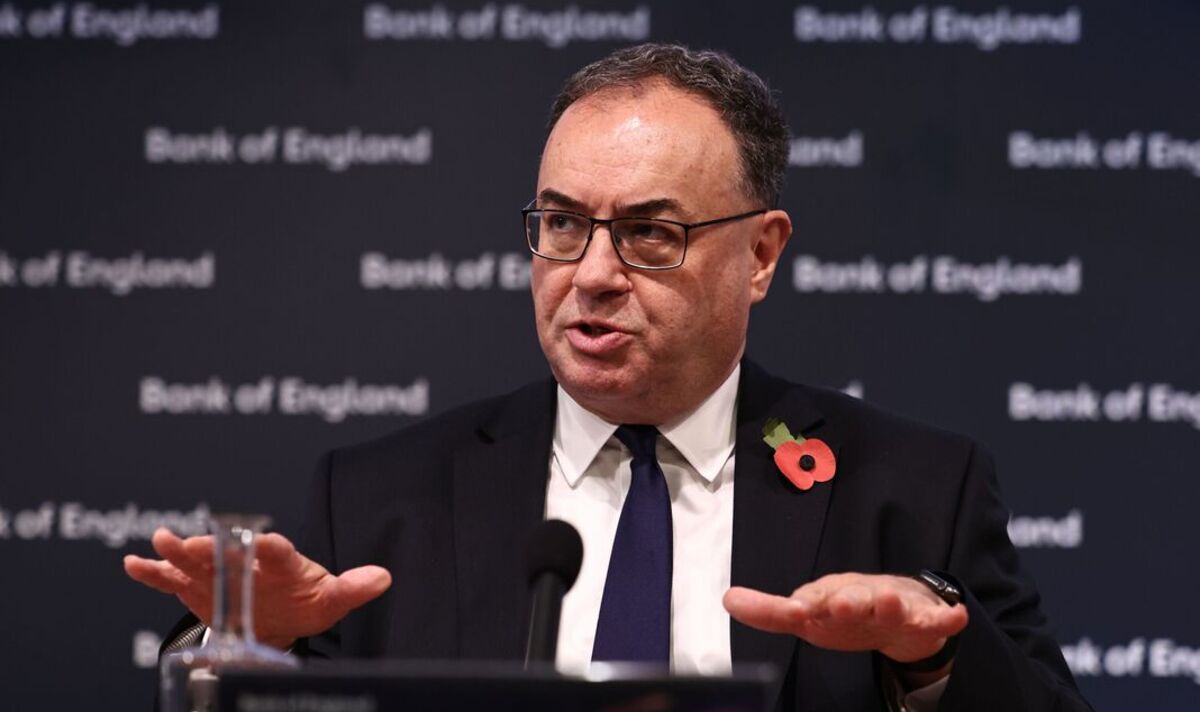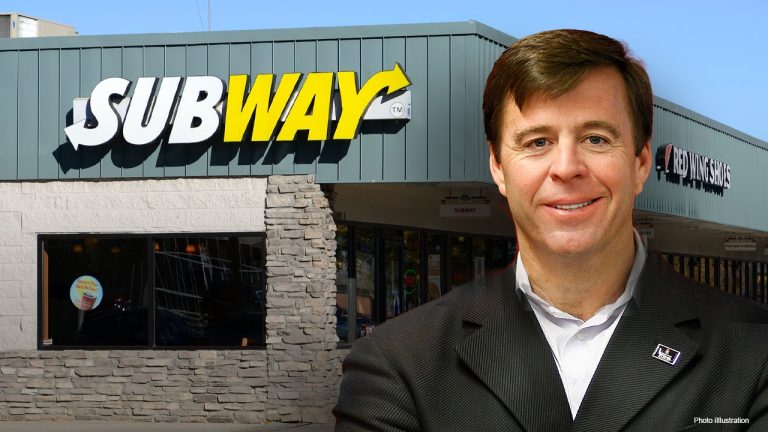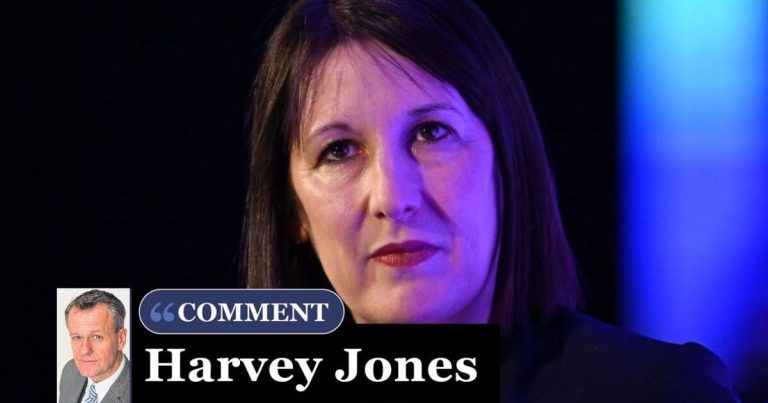
Andrew Bailey, governor of the Bank of England, has warned UK interest rates will remain at their current level for some time in order to drag inflation back to the Bank’s two percent target.
The governor has again pushed back speculation about rate cuts, saying the fight to bring inflation down to two percent is “hard work”.
A new S&P forecast has also reiterated the Bank will not begin cutting base rate from its current level of 5.25 percent until the second half of next year.
The US-based credit ratings agency explained that although inflation has dropped, it does not ease any financial pressures. The impact of previous hikes has yet to fully feed through to the economy and the country’s stubbornly tight labour market.
As a result, analysts at S&P Global Ratings have warned Britain faces “yet another year of economic weakness in 2024 with GDP growth of just 0.4 percent, as interest rates remain restrictive for an extended period”.
Inflation dropped from 6.7 percent to 4.6 percent in October, driving expectations that the UK base rate has now peaked and rate cuts could soon be expected.
However Mr Bailey explained this drop is the result of the previous year’s surge in energy prices not being repeated rather than a marked easing of underlying price pressures.
He told ChronicleLive: “I’ve very much used this analogy of a game of two halves. They’re not equal but a lot of what we’re seeing at the moment, including that inflation came down [over two percentage points], and that’s very good news, is the unwinding of these inflationary effects of these external shocks.”
He added: “We’re going to see some more of that unwind effect but we’re not going to see another month, I’m afraid, where it’s going down two percent because of that.”
The governor told MPs that traders were placing “too much weight” on recent figures showing that inflation has plunged to less than five percent.
Marion Amiot and Boris S Glass, senior economists at S&P Global Ratings said: “Even though headline inflation has now eased markedly, core price pressures persist. This has taken its toll on households’ purchasing power.
“At the same time, higher interest rates are incentivizing consumers to save more and delay major purchases and investment decisions. The labour market remains tight, encouraging dynamic wage increases.
“The UK’s exit from the EU single market, an increase in the number of the long-term sick, and workers’ changing job preferences due to the pandemic have all contributed to this.
“The tightness means that monetary policy will have to remain restrictive for longer to return the inflation rate to 2 per cent on a sustainable basis.”
Mr Bailey added: “I recognise higher interest rates do have effects. They do have effects on mortgage costs, and they also have an effect on rental costs because they feed through. What I would say, to be honest, is that if we don’t get inflation down, it gets worse.”







